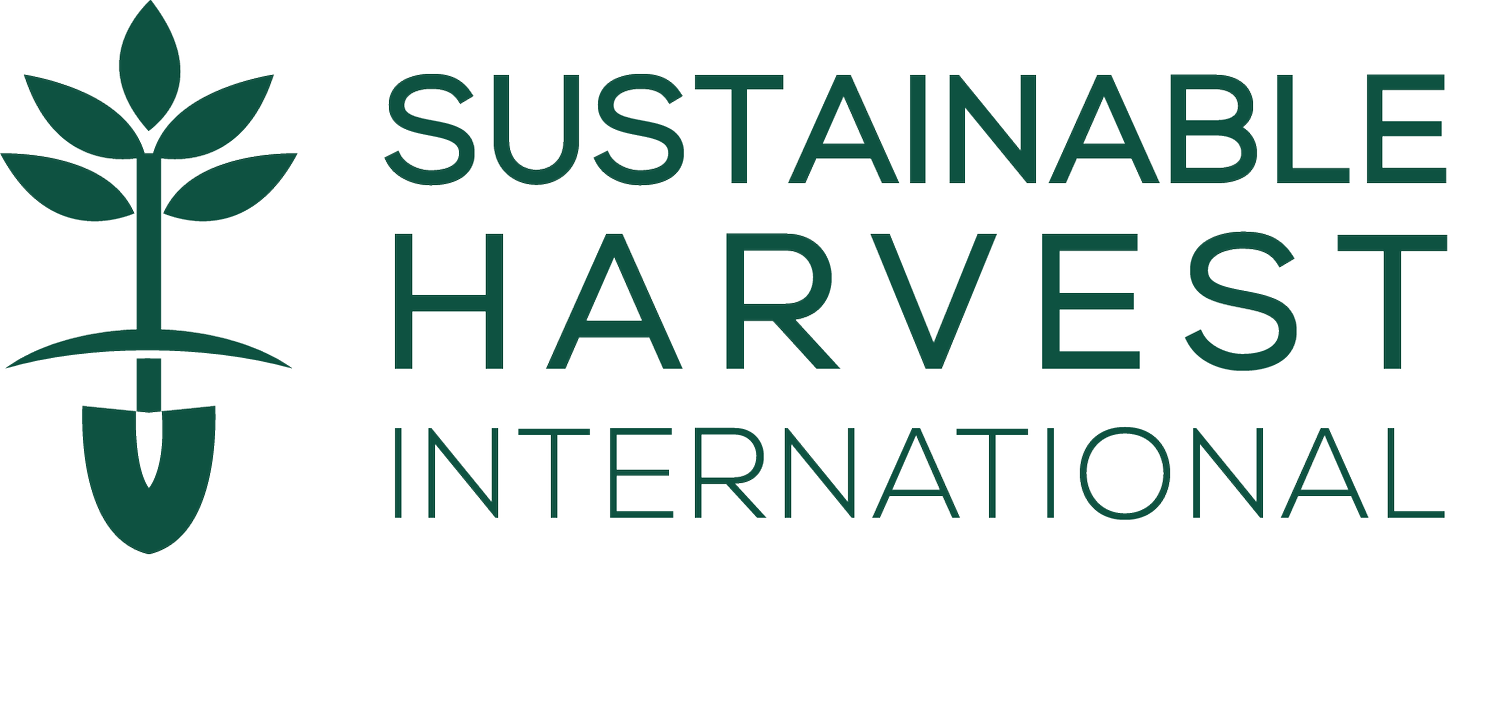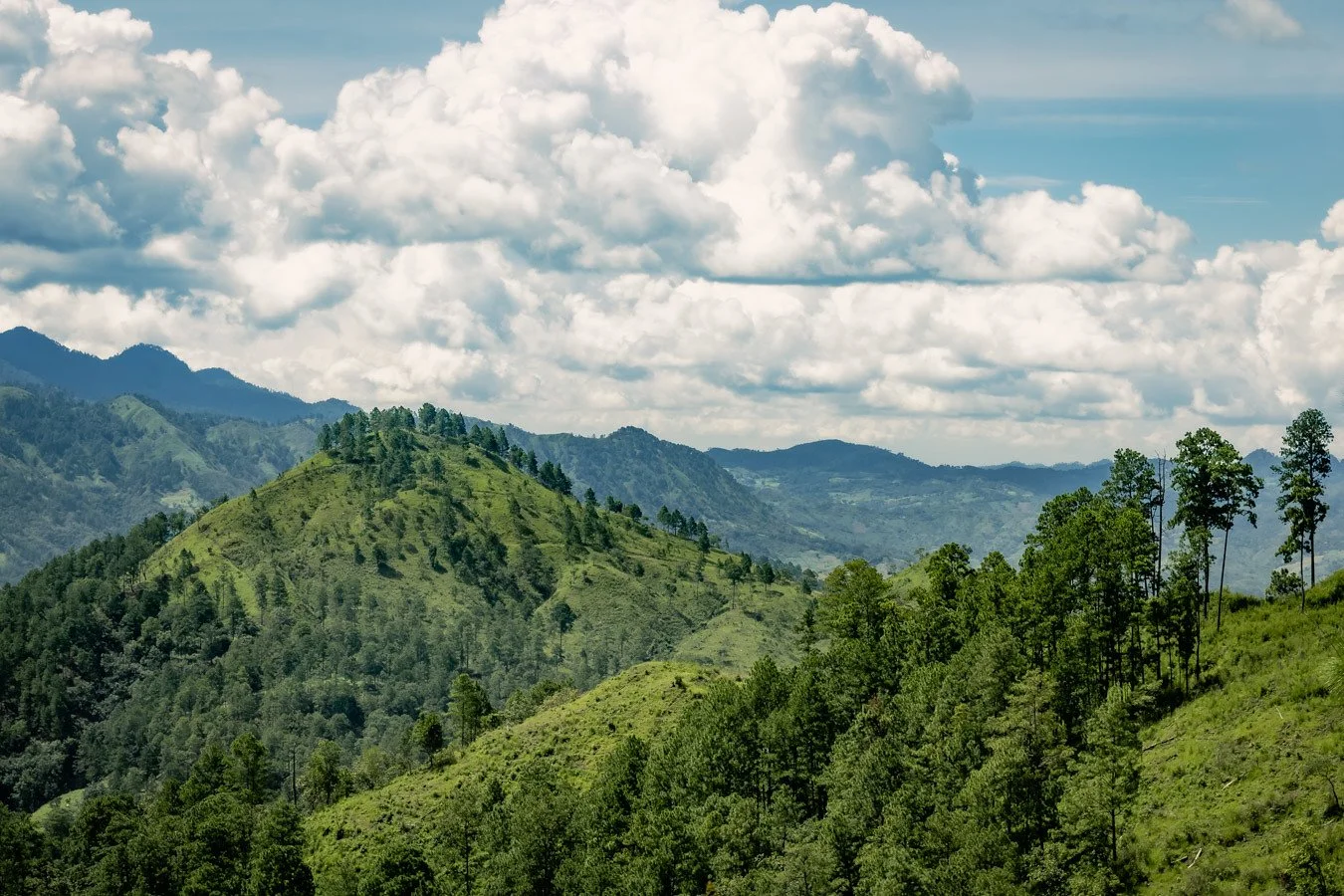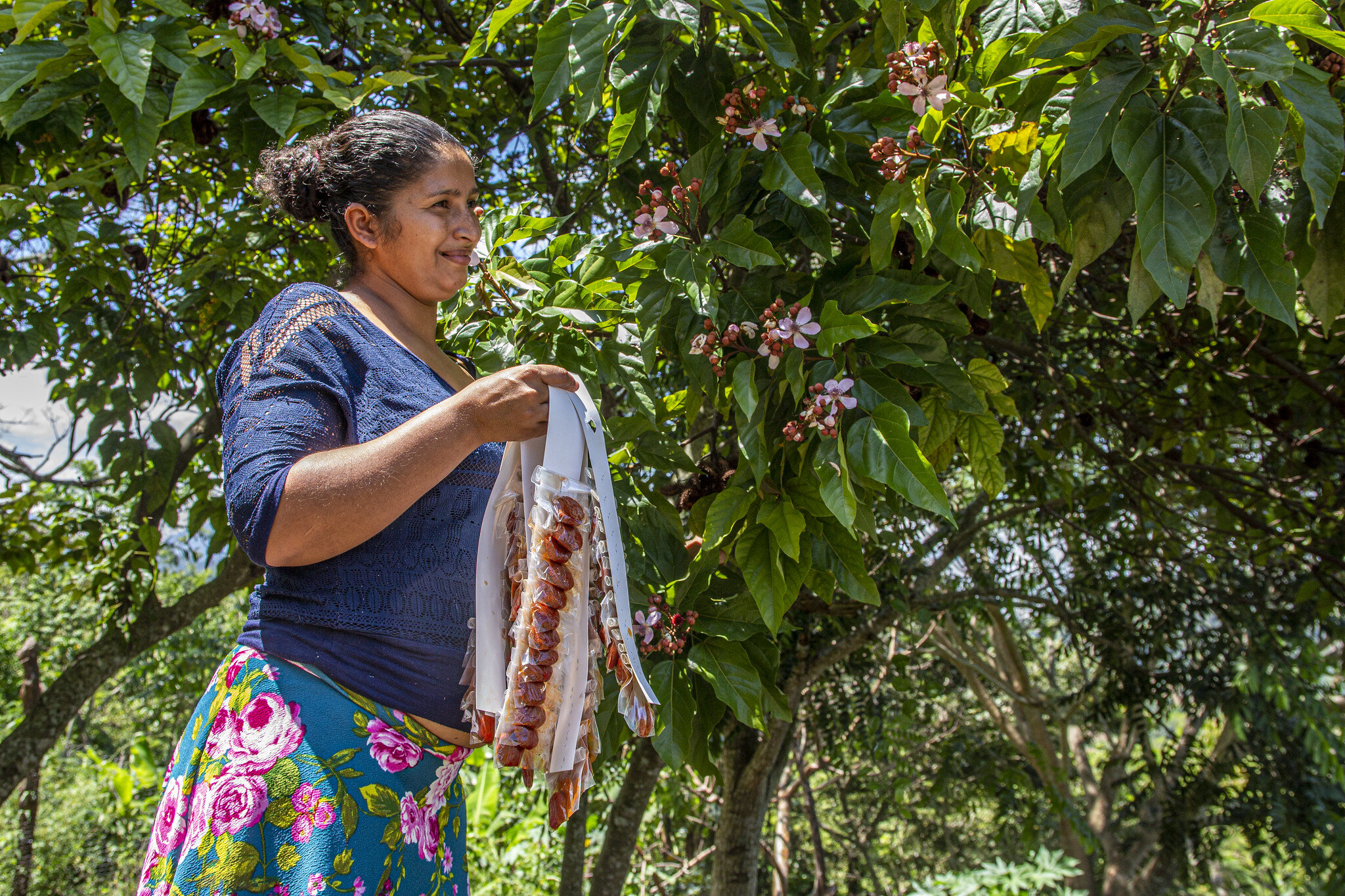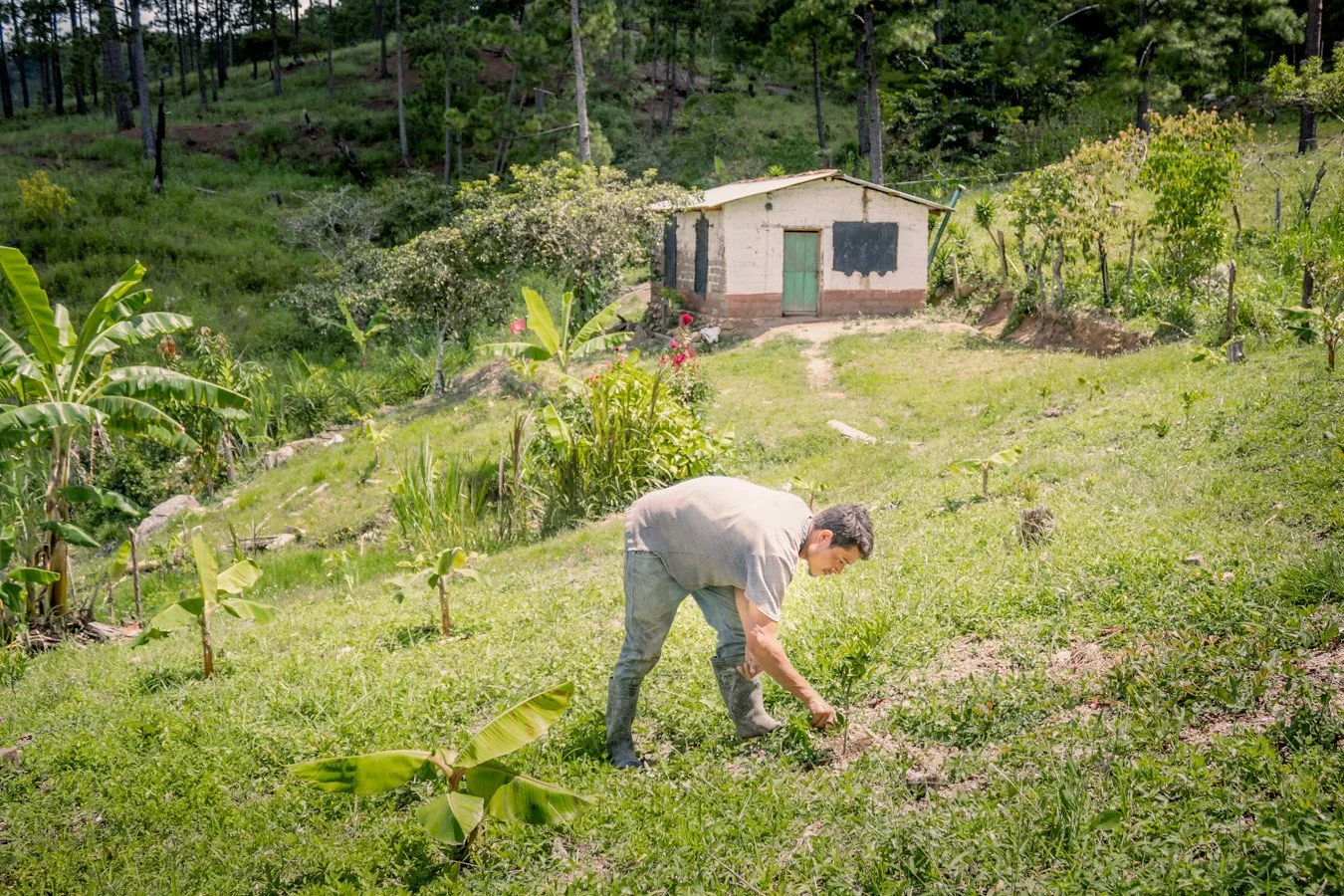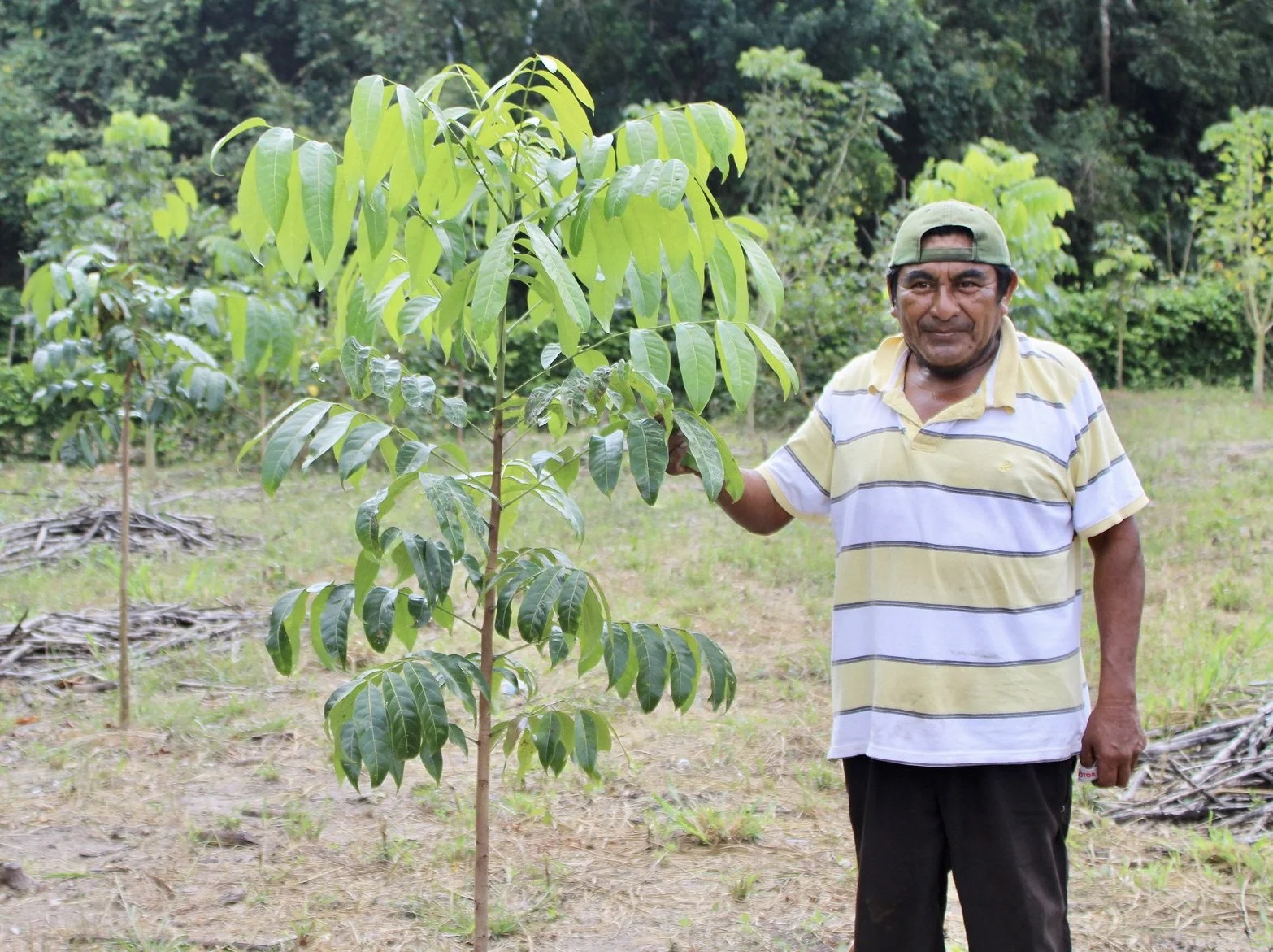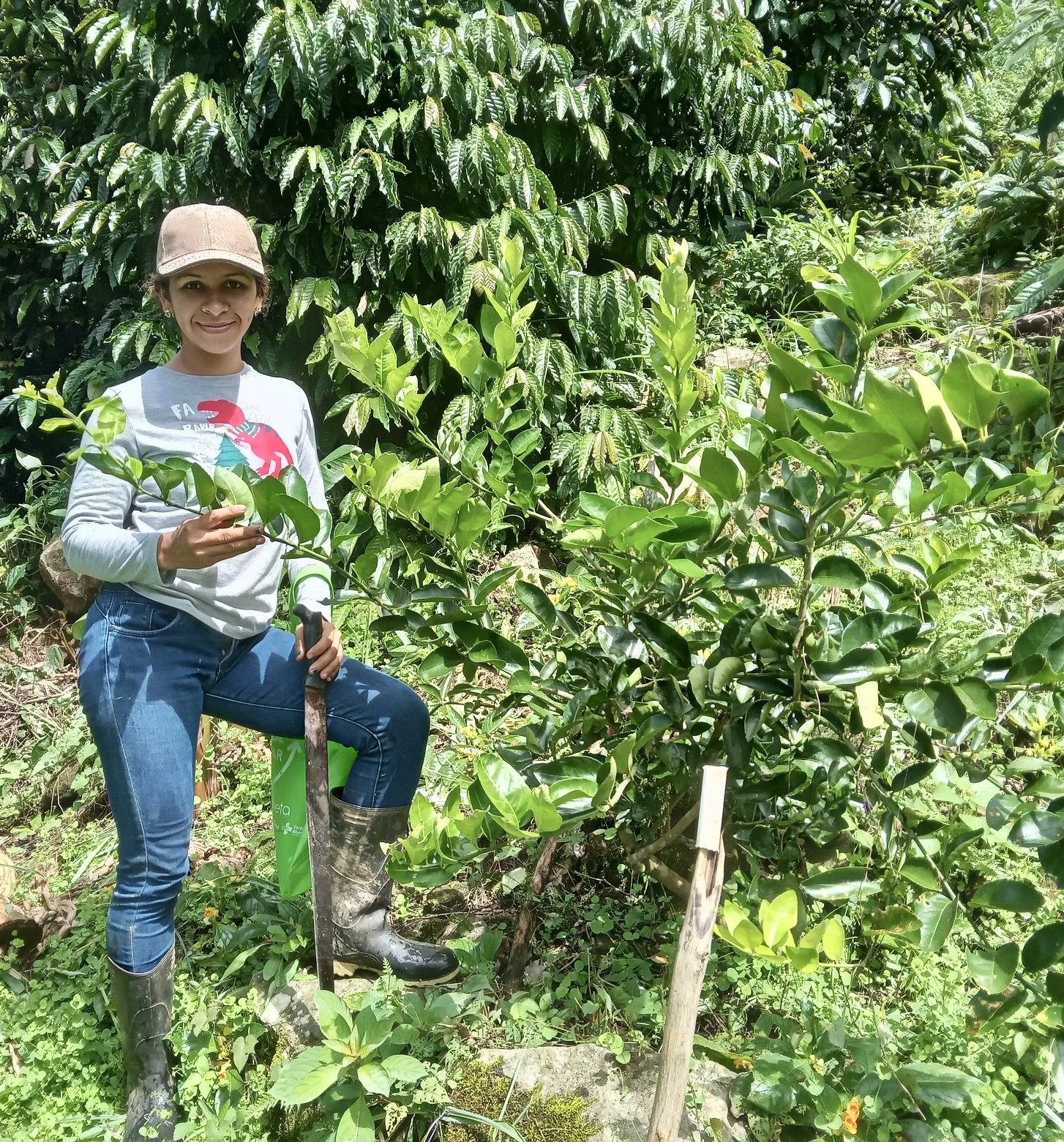Regenerative Agriculture Programs
Nearly 30 Years of Experience
Since 1997, our multi-year program in regenerative organic farming has supported families on the path to sustainability and self-sufficiency.
Our proven, adaptable model has delivered long-term results across four countries in Central America. We have worked in diverse communities, ecosystems, and cultural contexts. With new pilot projects, initiatives, and programs, we continue to grow and improve upon our original model.
Through our programs, farming families learn to:
restore tropical ecosystems,
grow organic gardens, and
farm with an holistic approach that protects the environment.
By adopting regenerative agricultural practices, farmers experience greater food security, increased income, and improved livelihoods.
